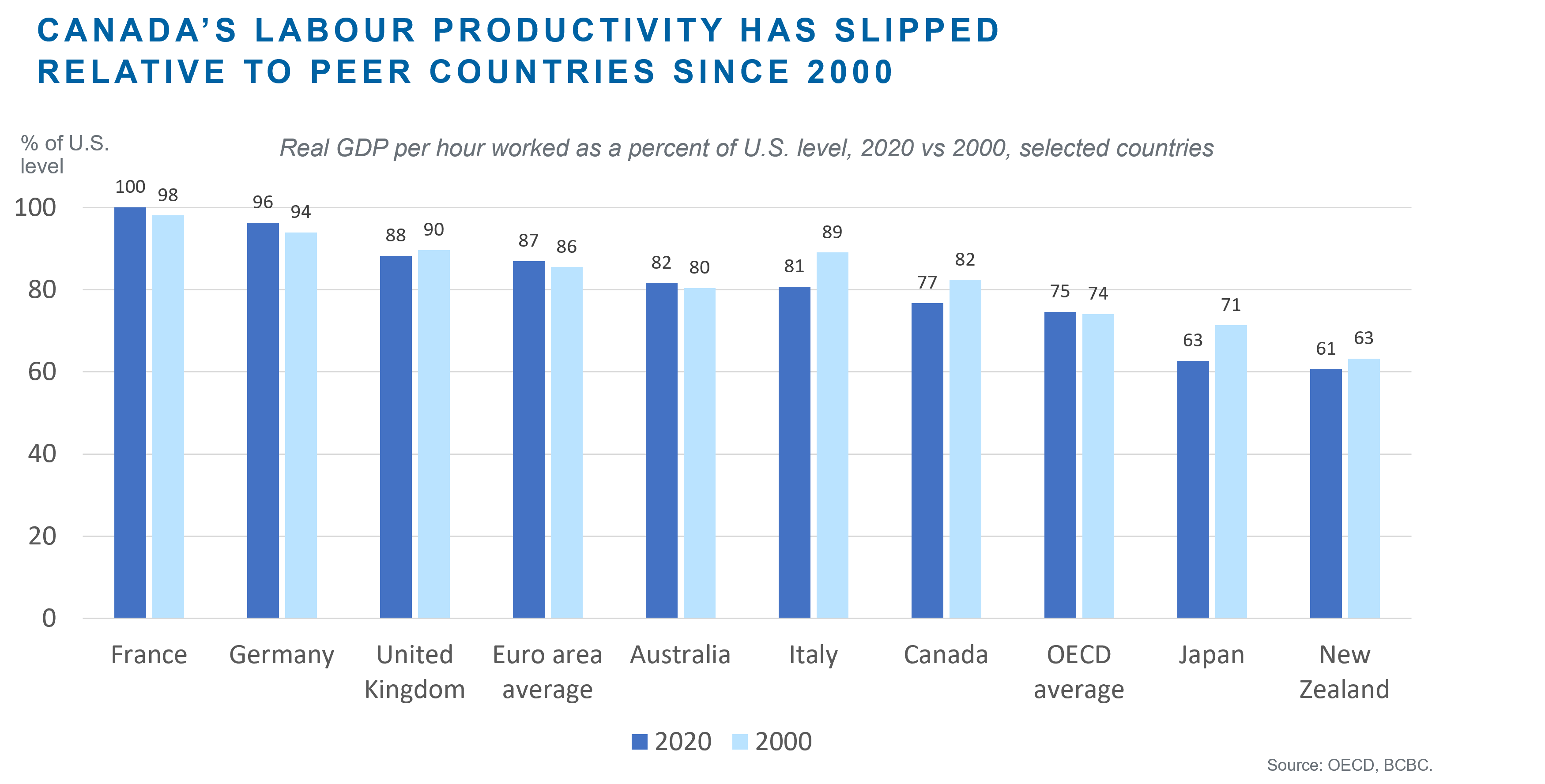 GOVERNMENT FUNDING ANNOUNCEMENTS AND OPPORTUNITIES
GOVERNMENT FUNDING ANNOUNCEMENTS AND OPPORTUNITIES
Halifax-based space startup Galaxia Mission Systems has secured $1.7 million from the Canadian Space Agency (CSA) to develop and launch its intelligent nano-satellites into orbit, marking Atlantic Canada's inaugural commercial satellite “constellation”. Founded in 2020 by Arad Gharagozli, Galaxia specializes in space computation and is pioneering technology that enhances satellite communication through edge computing, allowing faster data collection and processing with less bandwidth usage. The compact nanosatellites, each weighing under 10 kg, are set to observe Earth for various applications, including infrastructure monitoring, maritime security, and time-sensitive intelligence during adverse weather conditions. Gharagozli, Galaxia CEO as well as founder of the Dalhousie Space Systems Lab, lauds the CSA funding for reducing the risk associated with their groundbreaking technology and aligning with their vision. This funding follows Galaxia’s prior success in launching Atlantic Canada's first satellite, LORIS. Dal News
The Saskatchewan Research Council (SRC) is constructing Canada's inaugural Rare Earth Processing Facility, aimed at bolstering North America's rare earth supply chain. Rare earth elements (REEs) are pivotal in modern technology, but China dominates their global production. Recognizing the need for a reliable domestic supply, SRC is collaborating with the Government of Saskatchewan to establish the facility, which aims to leverage Canada's abundant REE reserves. The provincial government is putting $71 million into the facility, which is set to produce high-value REEs and magnet metals, potentially propelling Canada and North America's role in the global rare earth supply chain. Despite challenges such as China's market manipulation, the facility is positioned to contribute significantly to North America's industrial and defence sectors. Innovation News Network
Innovation, Science, and Economic Development Canada (ISED) has unveiled its Spectrum Outlook for 2023 to 2027, aimed at enhancing access to affordable and high-quality internet and wireless services for Canadians. The plan includes making more spectrum available to facilitate faster 5G deployment, bolstering rural connectivity, supporting wireless technologies addressing climate change, and promoting reconciliation with Indigenous Peoples. This approach builds upon previous spectrum initiatives and emphasizes a "use it or lose it" strategy to ensure efficient spectrum utilization. The government remains committed to fostering innovation, competition, and connectivity across the country through the effective allocation and utilization of spectrum resources. ISED
Alberta Innovates and Emissions Reduction Alberta (ERA) are putting some $50 million into hydrogen-related technologies, to support researchers, entrepreneurs, and companies developing this energy source. ERA’s Accelerating Hydrogen Challenge invites applications for a pool of $25 million, with a deadline of September 26. Meanwhile, Alberta Innovates is placing $20-25 million into the second phase of its Advancing Hydrogen competition, also with a September 26 deadline. Proposals can be made through a single portal, in areas including hydrogen production, storage, transmission, and end-use in heavy-duty transportation, industrial heat, power, and chemicals, commercial and residential heating, and other industries. ERA-funded projects must be completed in 36 months, and Alberta Innovates-funded projects must be completed in 24 months. Alberta Innovates Emissions Reduction Alberta
Read more: "Study says Calgary has the 'right stuff' for a hydrogen hub"
The Atlantic Canada Opportunities Agency (ACOA) is making a repayable contribution of $996,802 to three Nova Scotia ocean-sector firms. Lunenburg-based ABCO Industries receives $536,802 to develop a hybrid vessel and software for electric-powered boats. Halifax-based ReelData receives $250,000 to establish a production facility for cameras that will be part of its aquaculture monitoring system. And Dartmouth-based Dartmouth Ocean Technologies receives $210,000 to acquire tools for its suite of marine environmental sensors. ACOA
RESEARCH AND DEVELOPMENT NEWS
Toronto-based Kinetrics, which specializes in the management of electrical systems, has established formal partnerships with three Ontario universities — Queen’s, Ontario Tech, and Toronto Metropolitan (TMU). The MOU with Ontario Tech University highlights that institution’s nuclear engineering undergraduate program, which is unique in Canada. The MOU with TMU outlines a number of areas for collaboration, including small nuclear reactors, fusion technology, waste decommissioning, and cybersecurity. And the MOU with Queen’s focuses on that university’s research program on nuclear materials testing. In each case, the partner is intended to promote areas of common interest in research and talent development. Ontario Tech University Kinetrics Queen’s
The Montreal-based Brain Canada Foundation, in collaboration with the non-profit Brain Changes Initiative, is making $1.4 million available for research projects dealing with traumatic brain injury (TBI). Some 165,000 people in Canada are affected by TBI each year, often in ways that profoundly change their health and livelihood. This research initiative is targeted at better diagnosing and treating this problem. Funding deadline is September 27. Brain Canada
VC FUNDING NEWS
Google is putting $2.5 million into Toronto-based NPower, a charity that guides underserved parts of the population with the opportunity to find careers in the technology sector. The grant will allow the company to provide Google Career Certificates as a key part of its training program, one of several Google credentials NPower has been delivering for the last few years. Their collaboration began in 2020, with Google providing $4.5 million and NPower working with more than 4,000 job-seekers across the country. NPower
Vancouver-based General Fusion has raised $33.5 million in the first close of its Series F funding round. The round featured existing investors BDC Capital and GIC, as well as new funding from the BC government and ongoing support through the federal Strategic Innovation Fund. General Fusion also announced the launch of work on its new Magnetized Target Fusion machine, which will build on the progress the company has already achieved in bringing this challenging technology into the realm of practical possibility as an energy source. General Fusion
GRAPEVINE
At the DEF CON hacker convention in Las Vegas, more than 2,200 participants engaged in a three-day competition focused on "red teaming," an ethical hacking technique, to expose vulnerabilities in generative AI chatbots, notably OpenAI's ChatGPT. Among the attendees was Kenneth Yeung, a second-year commerce and computer science student at the University of Ottawa, who participated in the challenge. The competitors aimed to make the chatbots produce false information to reveal potential weaknesses. The event, which attracted attention from White House officials and tech giants concerned about AI chatbots' societal impact, sought to underscore the urgency of addressing these vulnerabilities. However, the results of the competition won't be revealed until February, and rectifying the flaws within these intricate chatbot systems will require a significant investment of time and resources. CBC
Bioindustrial Innovation Canada (BIC) has introduced five new members to its Board of Directors. Rose Marie Gage joins with a sustainability and governance background, aiming to connect BIC with agri-food industries and expand its reach, while contributing her government relations experience. Marc-Lionel Gagnon, based in Spain, brings investment banking and international trade know-how to foster international partnerships and capital investment in Canada's green technologies. Gurminder Minhas, from Vancouver, contributes technical and business leadership in forestry and green innovation, aligned with BIC's efforts to advance decarbonization technologies. Alana Prashad, a provincial leader for FPInnovations, emphasizes economic development opportunities and visibility for Canada's low-carbon economy. Mehdi Sheikhzadeh, from Lambton College, supports workforce development and research for early-stage companies. These additions are poised to accelerate BIC's mission of advancing Canada's clean and low-carbon economy, building on the foundation laid by outgoing board members. Canadian Biomass Magazine
The Kamloops Innovation Centre (KIC) is set to undergo a significant change as Thompson Rivers University (TRU) announces its relocation to the Kamloops campus. Previously situated in the North Shore since 2012, the non-profit KIC aids businesses, entrepreneurs, and organizations in the North Thompson and South Cariboo regions with innovation and technology support. The move to a new space on the top floor of the Clock Tower aligns with TRU's existing on-campus accelerator, the TRU Generator, which collaboratively assists students, faculty, staff, and alumni through mentorship and workshops. The move also coincides with the appointment of Michael Andrews as the new executive director of KIC, and the transition is expected to enhance innovation and partnership opportunities with TRU's resources. The relocation is scheduled for later this month. CFJCToday
Events For Leaders in
Science, Tech, Innovation, and Policy
Discuss and learn from those in the know at our virtual and in-person events.
See Upcoming Events
By using this website, you agree to our use of cookies. We use cookies to provide you with a great experience and to help our website run effectively in accordance with our Privacy Policy and Terms of Service.





